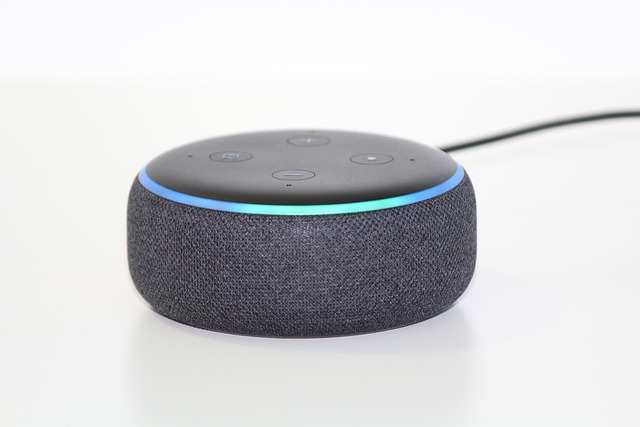## Alexa’s Apple-like Assistant: A Symphony of Silicone and Sarcasm
In a world where technology is increasingly indistinguishable from magic, Amazon has pulled off a feat that would make even the most jaded tech enthusiast raise an eyebrow. Alexa, the voice assistant that has become as ubiquitous as the common cold, now boasts an Apple-like assistant. Yes, you read that right. The digital equivalent of a Swiss Army knife has just added a sleek, shiny new blade to its repertoire.
The announcement sent shockwaves through the tech community, with pundits and analysts scrambling to decipher the implications. Is this a sign of Amazon’s growing ambition to dominate the smart home market? Or is it merely a clever marketing ploy designed to capitalize on Apple’s brand cachet? The truth, as always, lies somewhere in between.
## The Great Alexa-Apple Mashup
Let us delve into the absurdity of this development. Imagine, if you will, a world where Alexa can now mimic the sleek efficiency of Siri. This is not just an upgrade; it’s a full-blown identity crisis. Picture your Alexa device, once a humble cylinder of plastic and silicon, now strutting around with an Apple-like swagger. It’s like watching a Labrador try to impersonate a poodle—it’s cute, but ultimately futile.
The implications are staggering. Will Alexa start demanding that you “say hello to my little friend” before it answers your queries? Will it insist on being called by its full name, “Alexa Siri-ana,” and demand a monthly subscription fee for its newfound sophistication? The possibilities are endless, and frankly, terrifying.
Consider the impact on everyday life. Your morning routine will never be the same. Instead of waking up to Alexa’s cheerful “Good morning!” you’ll now be greeted with a crisp, “How can I assist you today?” in a voice that sounds like it was recorded by a robot who just finished a yoga retreat. The sheer absurdity of it all is enough to make one question the very fabric of reality.
## The Existential Crisis of Voice Assistants
But let us not forget the existential crisis this development poses for voice assistants everywhere. If Alexa can now mimic Apple’s assistant, what’s next? Will Google Assistant start demanding that you “OK, Google” in a British accent? Will Microsoft’s Cortana begin offering tea and crumpets to its users?
The implications are far-reaching. This is not just about technology; it’s about identity. It’s about the very essence of what it means to be a voice assistant in the 21st century. Are we on the brink of a digital arms race, where every assistant must constantly reinvent itself to stay relevant? Or will this lead to a new era of cooperation and collaboration, where assistants work together to create a harmonious digital ecosystem?
The truth is, we don’t know. But one thing is clear: the world of voice assistants has just gotten a whole lot more interesting. And if you thought Alexa was just a handy tool for setting reminders and playing music, think again. Because now, it’s an Apple-like assistant, ready to take on the world with its newfound sophistication.
So, buckle up, folks. The future is here, and it’s wearing an Apple logo.



k0cbv1